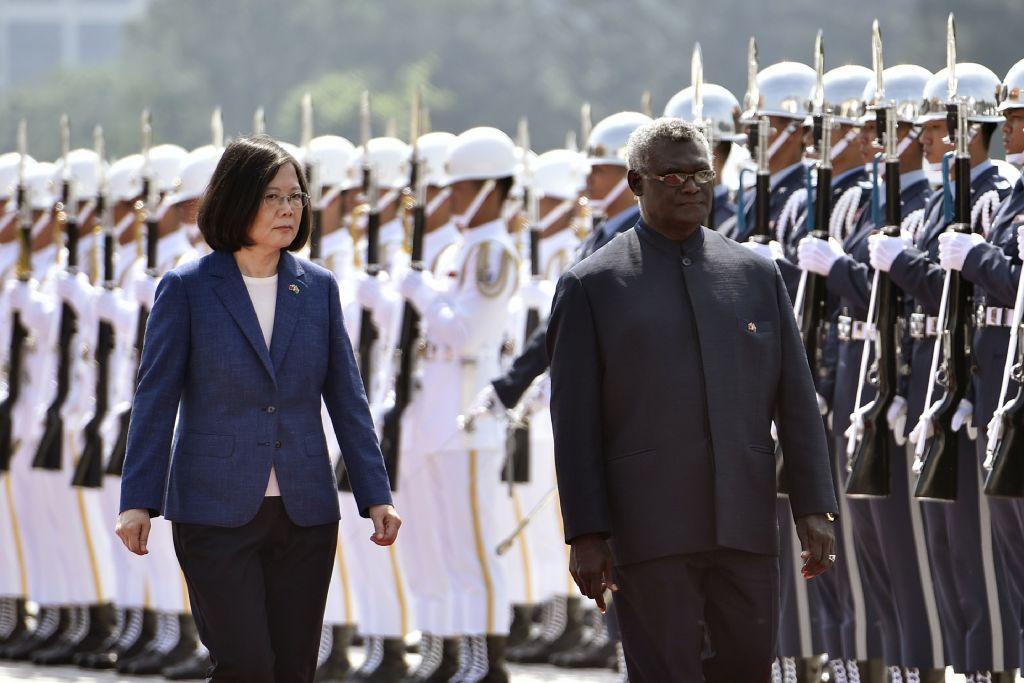After the Solomon Islands earlier in the week decided to ditch its decades-long diplomatic relationship with democratic Taiwan in favor of the Chinese Communist regime, U.S. officials have criticized the move, calling out Beijing for its coercion tactics.
Meanwhile, the decision has highlighted the Chinese regime’s ambitions in the Indo-Pacific region.





